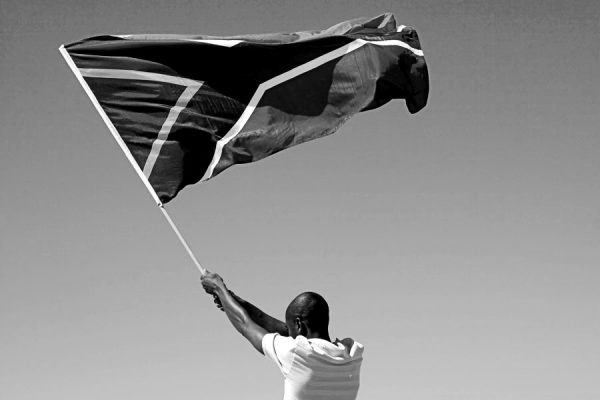Before Yahya Jammeh finally bowed to the inevitable and left the presidency of the Gambia for exile, he asked the negotiators for certain conditions to be met.
These now seem to have included somehow getting out of the country his fleet of luxury cars and relieving his small country’s treasury of around US$11m.
The West African president’s party to the negotiations must have wondered about the personal pettiness of the stakes – even though the money looted meant a lot to the Gambia, a sliver of a country dependent on peanut exports and tourists flocking to a narrow stretch of beach.
But then again, Jammeh often had a tendency to be self-righteous and conceited. Like the Kims of North Korea, he purported to be wise in all things, but not even a North Korean dictator has claimed he can personally cure AIDS. He left office waving his Koran, as if somehow God had validated his tenure.
It may forever remain a puzzle exactly why Jammeh sought to cling on to a presidency he had so obviously lost, and even conceded. Was it all just for the cars and the money and the right to be a big man in a small country? He had already taken the Gambia out of the International Criminal Court and the Commonwealth, marginalising it on the world stage until he and his fiefdom looked smaller than ever.
West Africa’s other states, meanwhile, did everything right: they got a UN Security Council resolution and crossed the border in a show of strength. They then held back, allowing protracted negotiations at a high level, and finally assuring the dictator of a luxurious exile. He will now gently be erased from history.
But his departure was peculiar to a small country in an increasingly powerful region. When 7,500 Senegalese troops in light armour crossed the border, the tiny Gambian army suddenly realised it was time to change sides. Not that it would necessarily have made much of a difference if they hadn’t.
Untested by any conflict or peacekeeping mission, the Gambian military is little more than a gendarmerie, a parade-ground army. Clearly, its troops preferred a democratic transition to the prospect of fighting a professional army backed by the Nigerian air force, who sent a solitary fighter to perform an honorific flypast at the new president’s inauguration.
This was a great moment for the Gambia, its democracy, and West Africa at large – but it must be seen in perspective.
The region’s other governments could afford to lose Jammeh, and were keen to see the back of him. He was embarrassing, not even pretending to be worldly and sophisticated, conceding a decisive election then brazenly changing his mind. His country means little to the region; getting rid of him flattered its other heads of states, even if the negotiating presidents were not themselves pristine representatives of democracy and transparency.
What’s more, the neighbours could apply decisive military pressure without breaking a sweat. The Nigerians are battle-hardened; the French-trained Senegalese speak the same language as the Gambians, profess the same religion, and share the same culture and ethnicity. They were unlikely to meet resistance; this unpopular dictator could be squashed like a fly.
These conditions do not pertain in any other part of Africa. Much of Zimbabwean civil society, for one, will have wondered whether the Southern African Development Community might be inspired do to Robert Mugabe what West Africa’s premiers did to Jammeh. Not a hope. Mugabe, for all his faults, has a very real history of accomplishment, even if that was a long time ago; the South African army is not battle-hardened, whereas the Zimbabwean one is.
And as potential political heavyweights go, South African President Jacob Zuma has none of the moral authority and credibility of the former Nigerian president, Olusegun Obasanjo, who quite probably persuaded his incumbent successor that it was time to act in the Gambia – and that there was no cost to doing so.
*This article was published in The Conversation. To view the article on their website click here.








